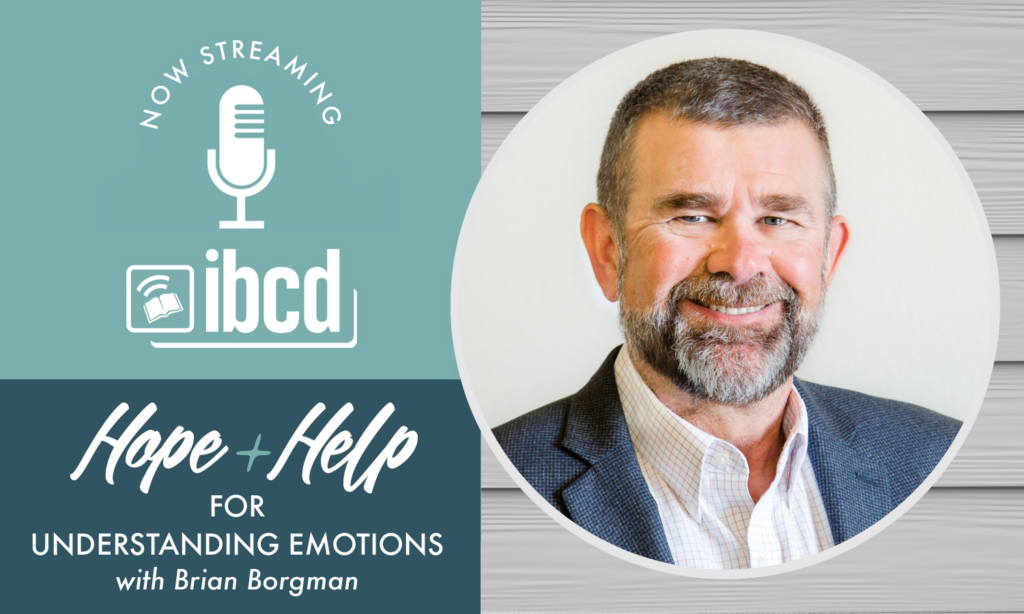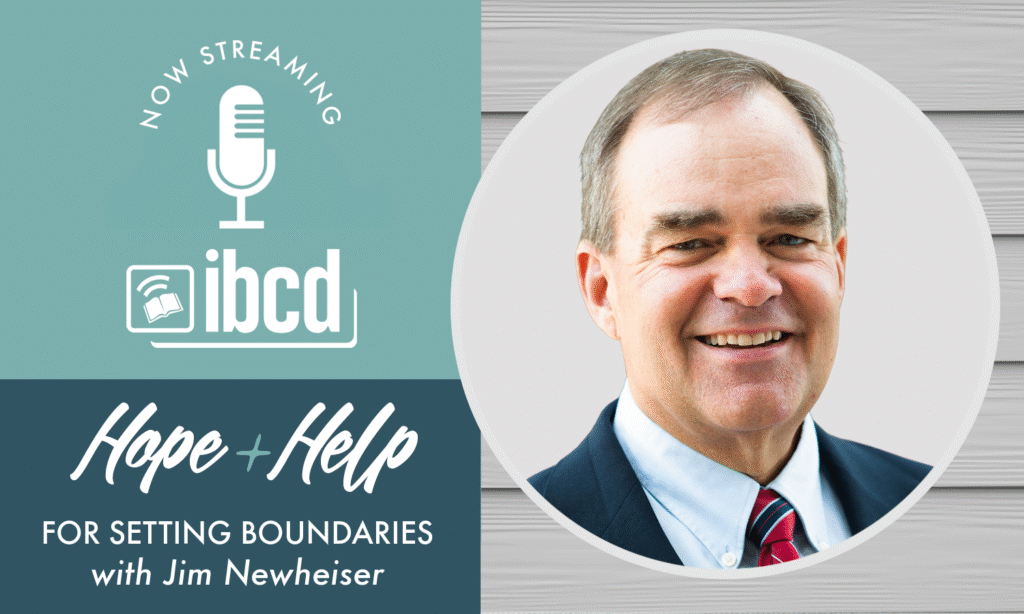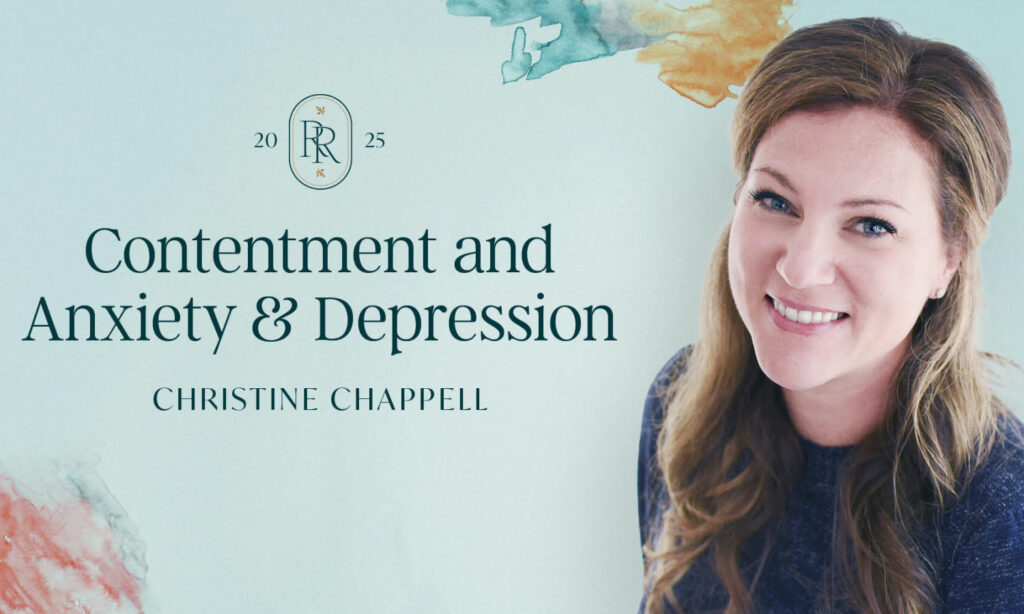What words come to mind when you think of lament? Perhaps grief, loss, distress, oppression, injustice, conflict, suffering, affliction, or even guilt? It makes sense for sorrow-laden words such as these to be so closely tied to the term. After all, lament is the tongue of tribulation. And since Godward cries tend to be squeezed from our hearts by unwanted hurt and hardship, it’s understandable if words like praise or gratitude seem miles away when we think about the topic. It’s not human nature to thank the Lord in our duress. Such a notion may feel uncomfortable to some or completely insensitive to others.
If you don’t tend to associate groaning to God with giving Him thanks, you’re not the only one. I confess there have been times when praising the Lord was nowhere near the top of my mind in my sorrow. But over the years, the Spirit has helped me to better understand these two contrasting ways of addressing our Heavenly Father—to see that we needn’t sacrifice praise on the altar of lament (or vice versa). Even our most desperate cries can be “couched in praise,” just as “[in] the context of praise, lament and even protest can be an important function of faith.”
Because a palpable tension often exists between our groaning and our gratitude, we may wonder what kind of partnership between the two is possible in prayer. What does such a petition even sound like? And how might such a bittersweet harmony help us to encourage our counselees? To observe this dynamic and glean wisdom from its historical practice, I surveyed the Psalms for examples of how the Lord has been praised in lament.
If you don’t tend to associate groaning to God with giving Him thanks, you’re not the only one. I confess there have been times when praising the Lord was nowhere near the top of my mind in my sorrow. But over the years, the Spirit has helped me to better understand these two contrasting ways of addressing our Heavenly Father—to see that we needn’t sacrifice praise on the altar of lament (or vice versa). Even our most desperate cries can be “couched in praise,” just as “[in] the context of praise, lament and even protest can be an important function of faith.”
Because a palpable tension often exists between our groaning and our gratitude, we may wonder what kind of partnership between the two is possible in prayer. What does such a petition even sound like? And how might such a bittersweet harmony help us to encourage our counselees? To observe this dynamic and glean wisdom from its historical practice, I surveyed the Psalms for examples of how the Lord has been praised in lament.













